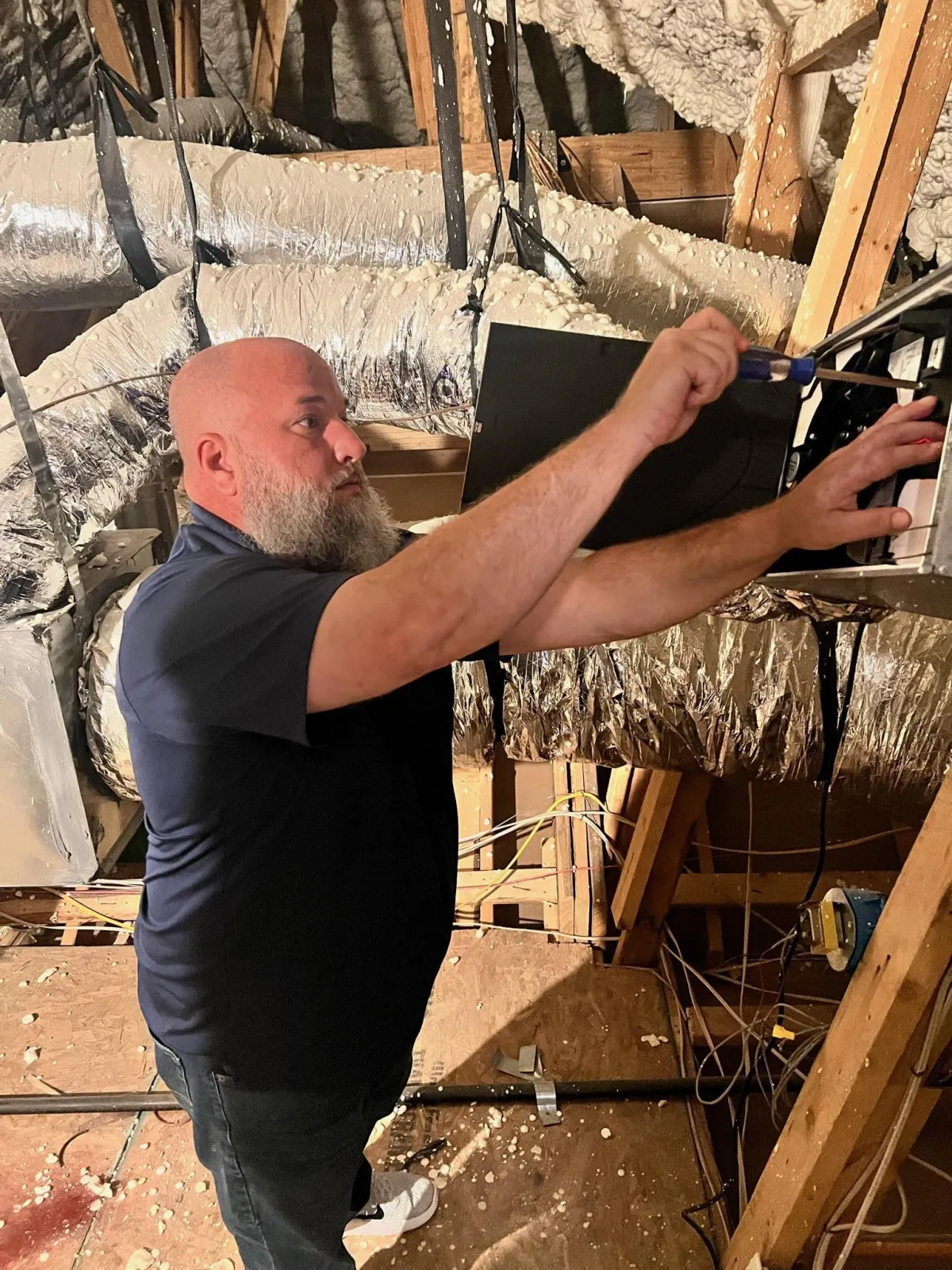
Choosing the Right HVAC System for Your Home or Business
Choosing the Right HVAC System for Your Home or Business
When it comes to maintaining a comfortable environment in your home or business, the heating, ventilation, and air conditioning (HVAC) system plays a pivotal role. However, with a plethora of options available, selecting the best HVAC system for your space can be daunting. This comprehensive guide will help you navigate the complexities of HVAC systems, ensuring you make an informed decision based on the size of your space, budget, and energy needs.
Understanding HVAC Systems
Before diving into the selection process, it is essential to understand what an HVAC system is and how it functions. An HVAC system is designed to control the environment in which it operates. It does this by regulating the temperature through heating and cooling, managing humidity levels, and enhancing air quality. Whether it's a scorching summer day or a frigid winter night, an efficient HVAC system will keep you comfortable.
Assessing Your Space
The size of your space is a crucial factor when choosing an HVAC system. A system that is too small won't be able to effectively heat or cool your space, while one that is too large will cycle on and off too frequently, leading to inefficiency and increased wear and tear. To determine the best HVAC system for your home or business, you should start by calculating the square footage of the area you need to condition. Professional HVAC contractors can perform a load calculation to ensure you select a unit that is appropriately sized for your space.
Budget Considerations
Budget is another important consideration when selecting an HVAC system. While the initial cost is a significant factor, it's also vital to consider the long-term operating costs. Energy-efficient systems may have a higher upfront cost but can save you money in the long run through reduced utility bills. When planning your budget, factor in the cost of the unit itself, installation fees, and future maintenance and repair costs.
Energy Efficiency
Energy efficiency is not only beneficial for your wallet but also for the environment. Modern HVAC systems are rated by their Seasonal Energy Efficiency Ratio (SEER) for cooling and their Annual Fuel Utilization Efficiency (AFUE) for heating. The higher the SEER and AFUE ratings, the more efficient the system. Investing in a high-efficiency HVAC system can lead to substantial energy savings and contribute to a lower carbon footprint.
Air Quality Features
Indoor air quality is a critical aspect of your comfort and health. The best HVAC system for your home or business will include features that improve air quality, such as HEPA filters, UV lamps, and dehumidifiers. These features can reduce the presence of allergens, bacteria, and other pollutants, ensuring that the air you breathe is clean and healthy.
Choosing the Right Type of HVAC System :
There are several types of HVAC systems to consider, each with its own set of advantages:
1. Split Systems: The most common type of residential HVAC system, split systems have separate indoor and outdoor units. They are ideal for homes with existing ductwork and offer a cost-effective solution for both heating and cooling service.
2. Packaged Systems: These systems combine heating and cooling components in a single outdoor unit. They are typically used in small commercial buildings or homes without adequate space for a split system.
3. Ductless Mini-Split Systems: Perfect for spaces without ductwork, ductless mini-splits offer a flexible solution for heating and cooling individual rooms or zones within your home or business.
4. Heat Pumps: Heat pumps are energy-efficient alternatives to traditional furnaces and air conditioners. They work by transferring heat rather than generating it, making them suitable for moderate climates.
5. Geothermal Systems: Utilizing the stable temperature of the ground or nearby water sources, geothermal systems offer the highest efficiency for both heating and cooling service. Although they have higher installation costs, their long-term energy savings are unmatched.
Selecting the Right Contractor
The installation of your HVAC system is just as important as the system itself. It is imperative to choose a reputable and experienced contractor. A qualified contractor will ensure proper installation, which is key to the system's performance, longevity, and safety.
Maintenance and Upgrades
Regular maintenance is essential to keep your HVAC system running at peak efficiency. Schedule annual inspections and cleanings for your system to prevent unexpected breakdowns and extend its lifespan. Additionally, consider smart thermostats and other technological upgrades that can enhance the functionality and efficiency of your HVAC system.
Conclusion
Selecting the right HVAC system for your home or business is a significant decision that impacts your comfort, health, and finances. By considering the size of your space, your budget, energy efficiency, air quality, and the type of system that best suits your needs, you can make a choice that ensures a comfortable and sustainable environment. Remember to consult with a professional HVAC contractor to guide you through the process and provide expert installation and maintenance services. With the right HVAC system in place, you can enjoy a comfortable indoor climate year-round.